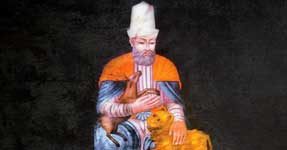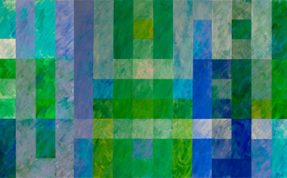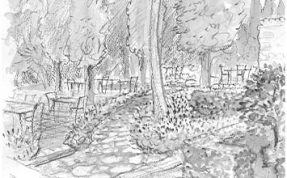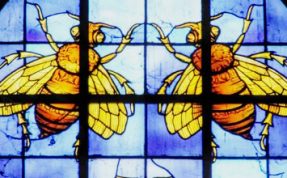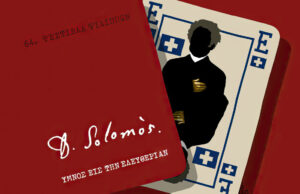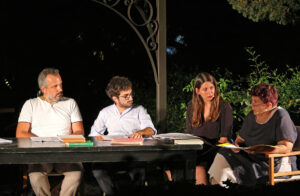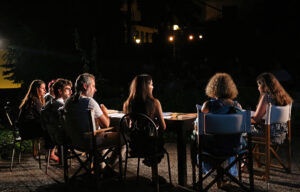2021’s Philippi Festival was dedicated to the Greek poet Dionysios Solomos, and “read” again his work with a series of remarkable actions and theatrical performances. Some of them took place in the magnificent gardens of Mohammed Ali Pasha’s mansion, on the historic side of Kavala, the peninsula of Panagia.
August 9 – The Woman of Zakynthos by D. Solomos
The rhythmic prose of The Woman of Zakynthos is one of the most important texts of modern Greek literature and, for many readers, the poet’s best work. Lydia Fotopoulou, Kyriakos Daniilidis and Dimitris Naziris, under the guidance of Glykeria Kalaitzi, presented the three stages of this work.
August 12 – The universality of Freedom in Solomos and Kalvos
The writer and scholar Dionysis Kapsalis dedicated a speech to the universality of freedom in the work of the two contemporary Ionian poets, Dionysios Solomos and Andreas Kalvos.
August 12 – Reading Solomos again
In collaboration with the Aristotle University of Thessaloniki and the University of Palermo (Universita degli Studi di Palermo), Professors Katerina Tiktopoulou and Maria Rosa Caracausi, along with some of their students, read the poems of the Greek poet, who immersed himself in the adventure of modern poetry, language and expression.
August 16 & 17 – Little Prophet & Anthi/Anthoula/Monica
Actors Aris Ninikas, Fotios Evangelidis and Maro Papadopoulou composed a double theatrical performance directed by Theodoros Gonis. The Little Prophet crosses the poetry of Solomos with all his senses. He goes through the landscapes, gets to know the people and participates in the the struggle of the Greek revolutionaries who inspired the poet.
August 22 – The Poet’s Vision: Contemporary Greek Composers set to music Dionysios Solomos
Elias Kotzias, Andriana L’AmorGian and Spyros Souladakis composed contemporary music for selected poems by Dionysios Solomos. Niovi Klaudianou, accompanied by pianist Spyros Souladakis, lyrically expressed the poet’s visions and devotion to the national struggle of the Greeks.
Organization: Municipal Regional Theater of Kavala
Support: MOHA Research Center


